The dry and hot weather does not favor farmers, but it helps salt farmers - the people who mine salt near the Black Sea coast. Salt production is one of the oldest activities in Pomorie. The Pomorie salt pans has been existing since the 5th century BC. Salt was extracted from the Pomorie salt pans until 1951. A special railway line was built between Burgas and Pomorie to transport the salt.
Literally every fishing family in the town was involved in salt production until a century ago. They used the salt for preserving fish as well as for trade.
Due to the changes brought about by the Covid-19 pandemic, the last salt production company in Pomorie has ceased operations. Against the backdrop of rising electricity prices, salt production has become unprofitable. Currently, the only operational salt pans in the coastal town are part of the Salt Museum- Pomorie. It is part of the 100 National Tourist Sites of Bulgaria. The Pomorie Museum is the only specialized museum in Bulgaria and in Eastern Europe to produce salt through solar evaporation of sea water.
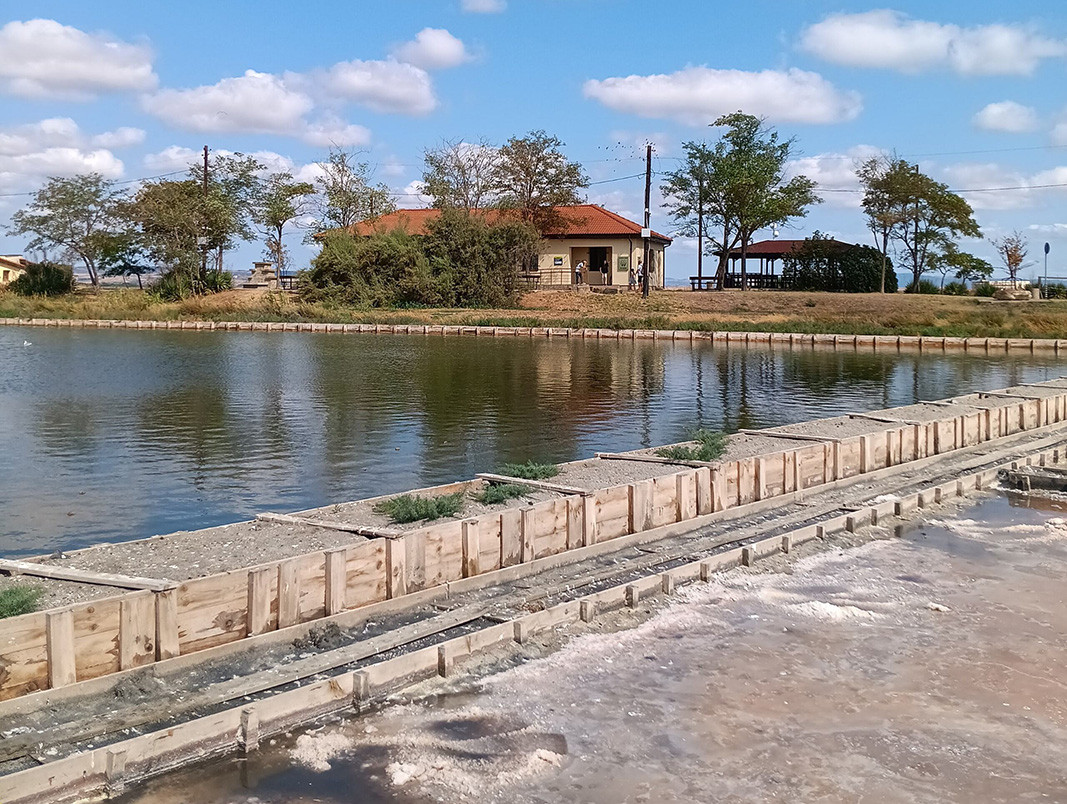
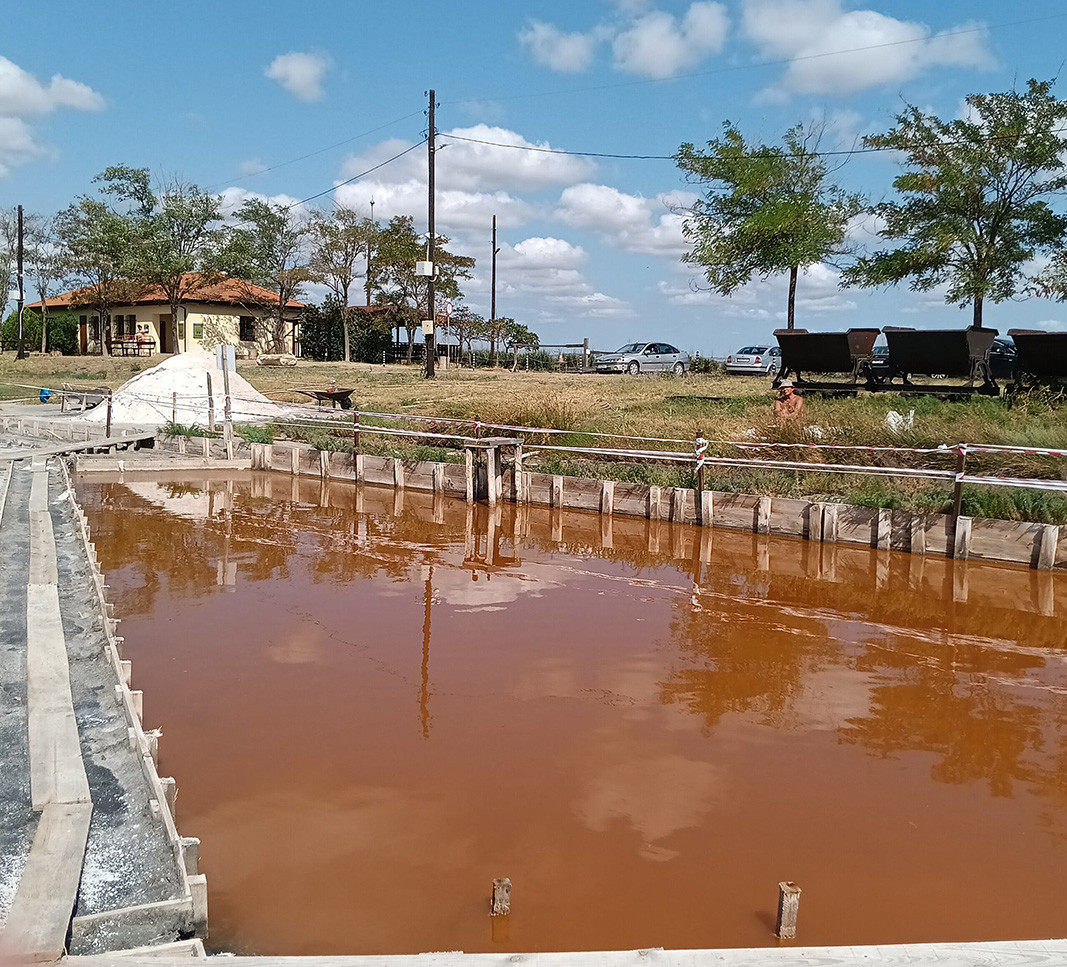
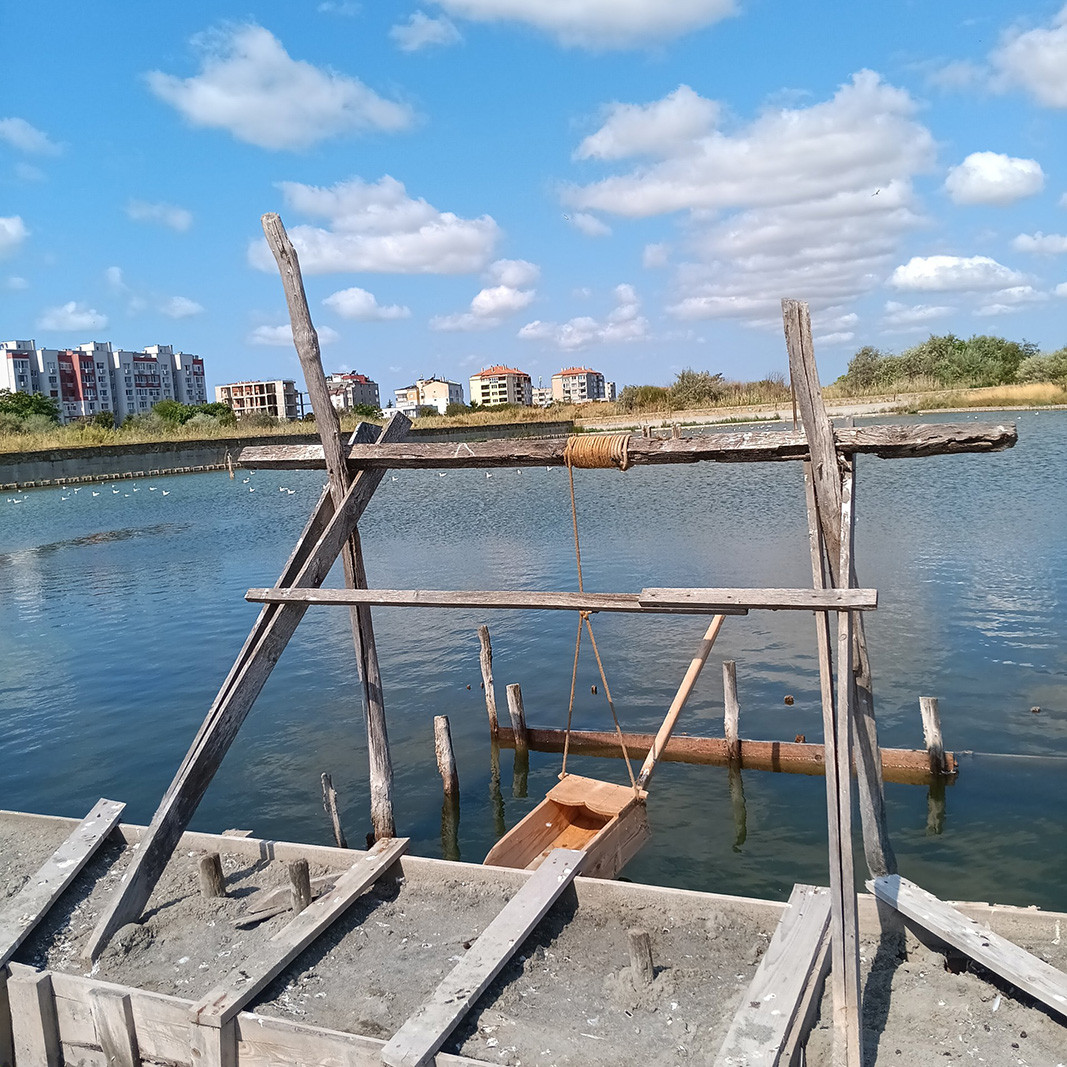
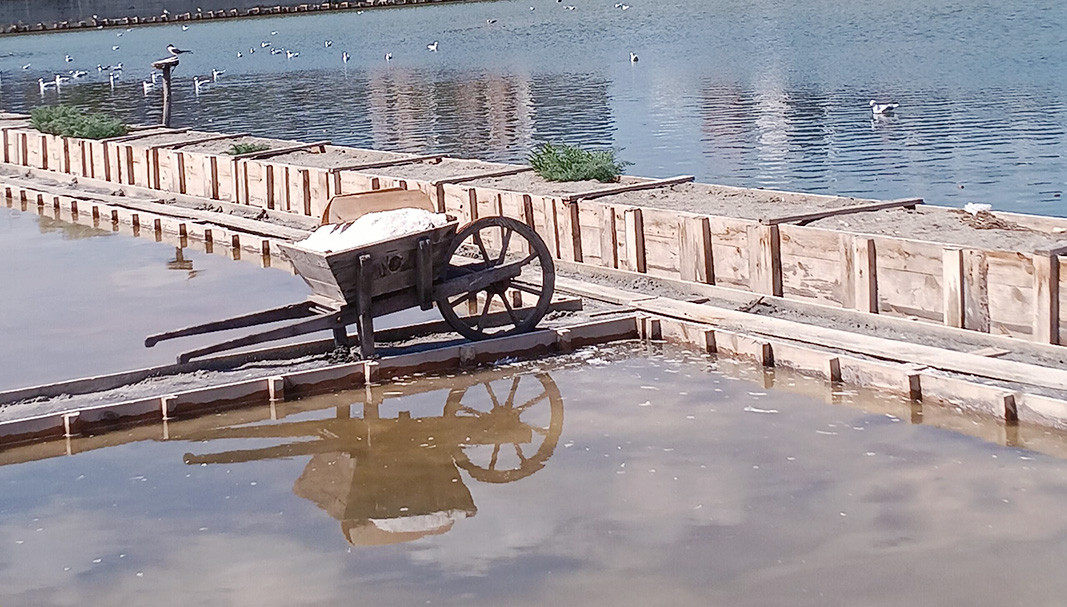
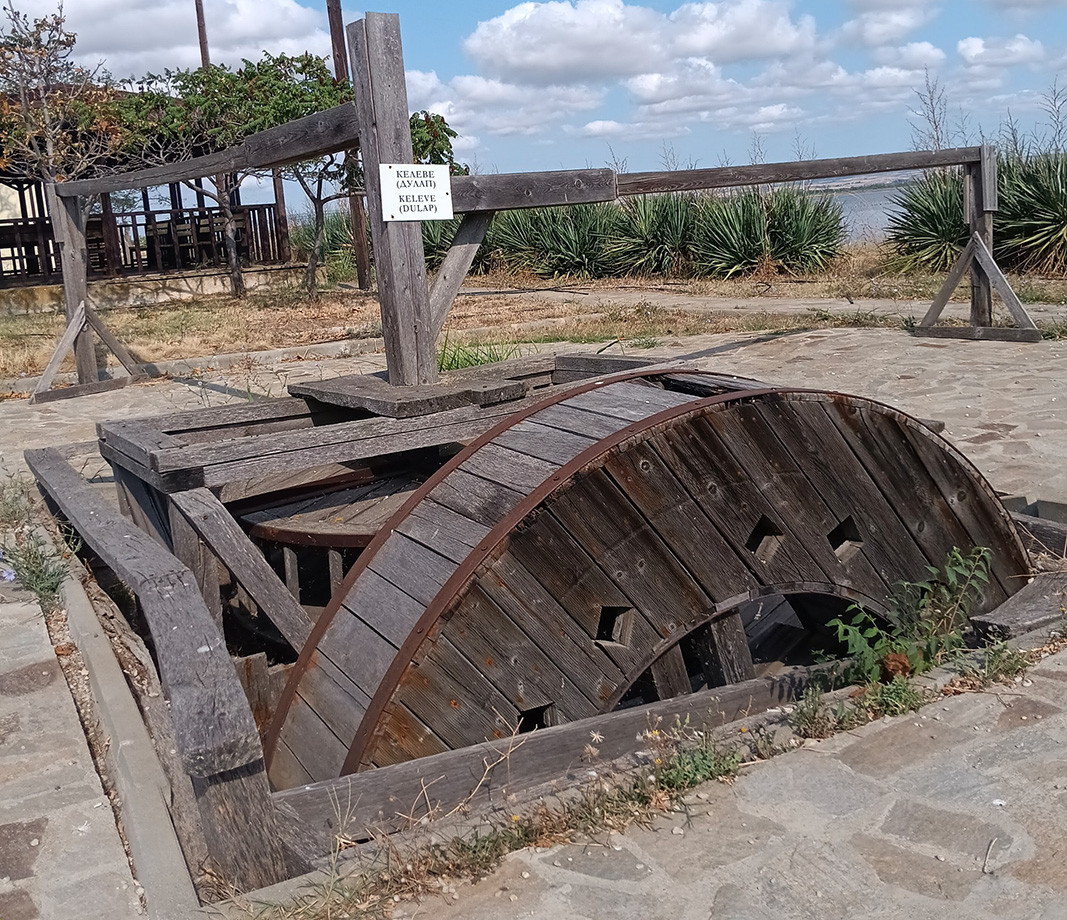
The best time for harvesting salt from the salt pans in Pomorie is during the hot summer days, when not a single drop of rain falls for a month, the museum’s director Iliya Kusev told visitors.
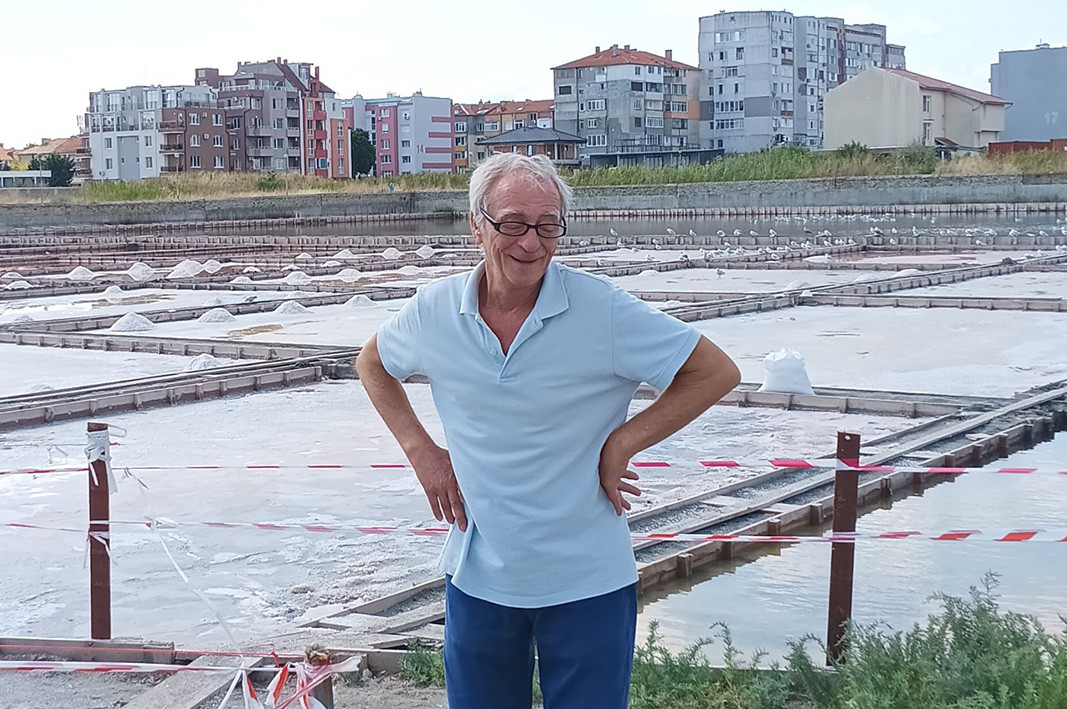
According to him, Pomorie has always produced the best salt on the Balkans, and possibly in Europe. This product has beneficial nutritional properties. Even the Turkish sultans ordered it to make their food more delicious.
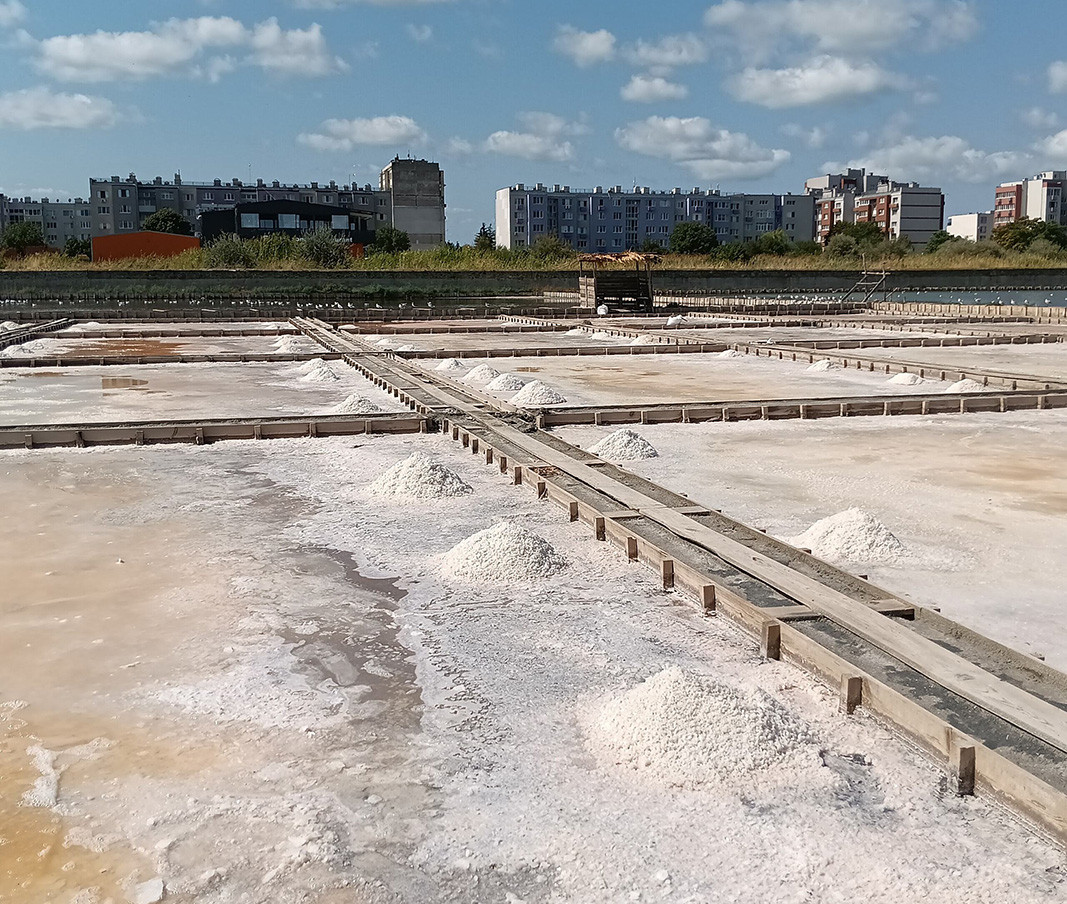
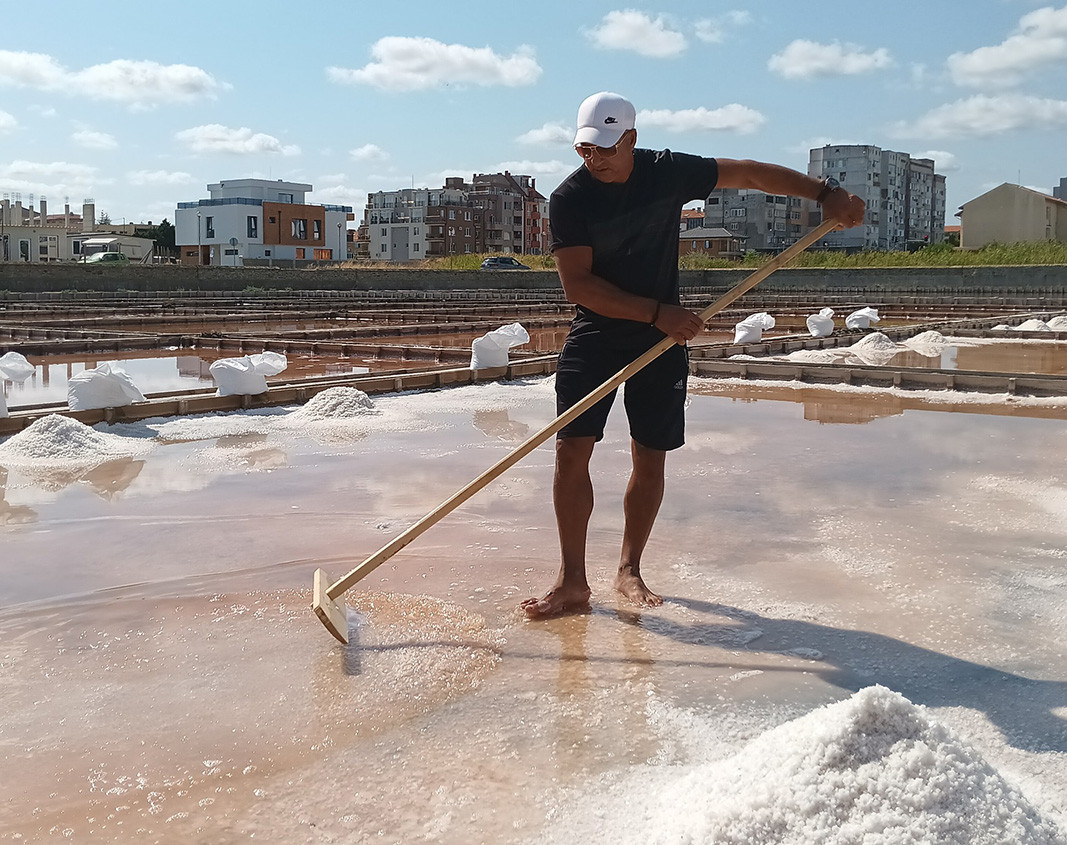
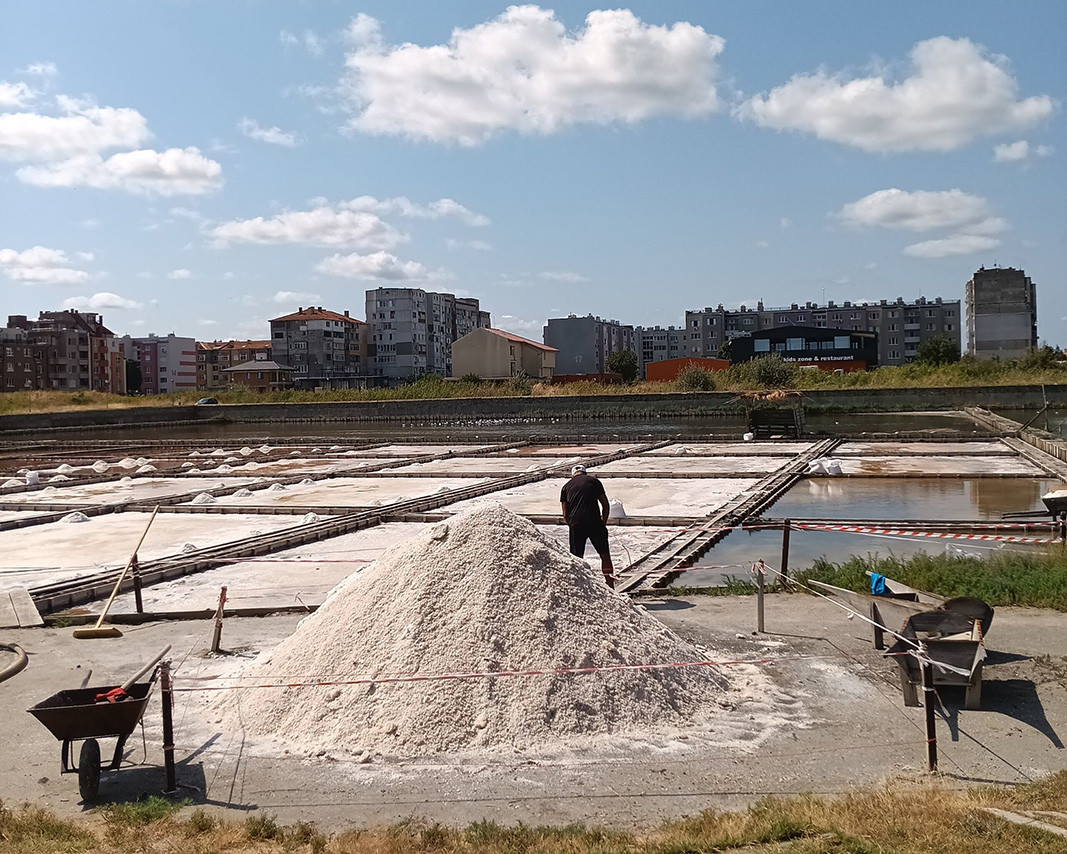
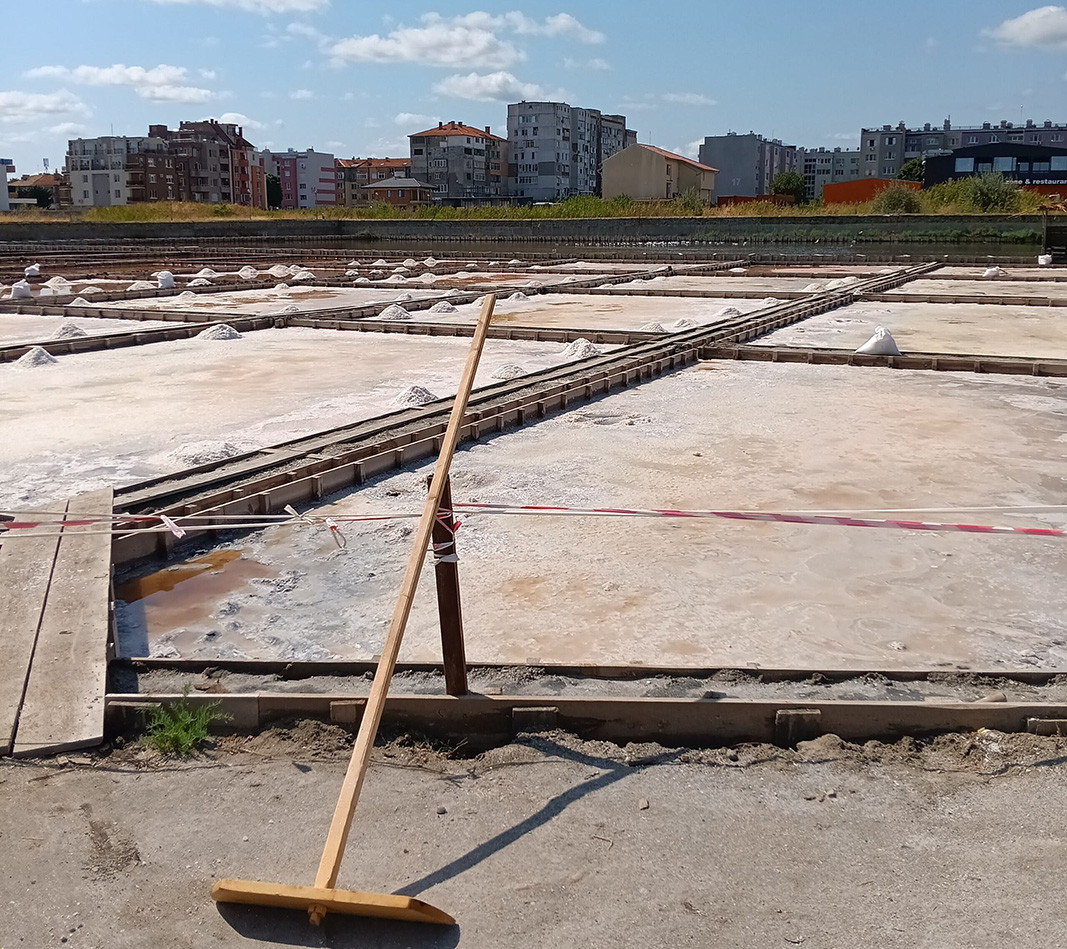
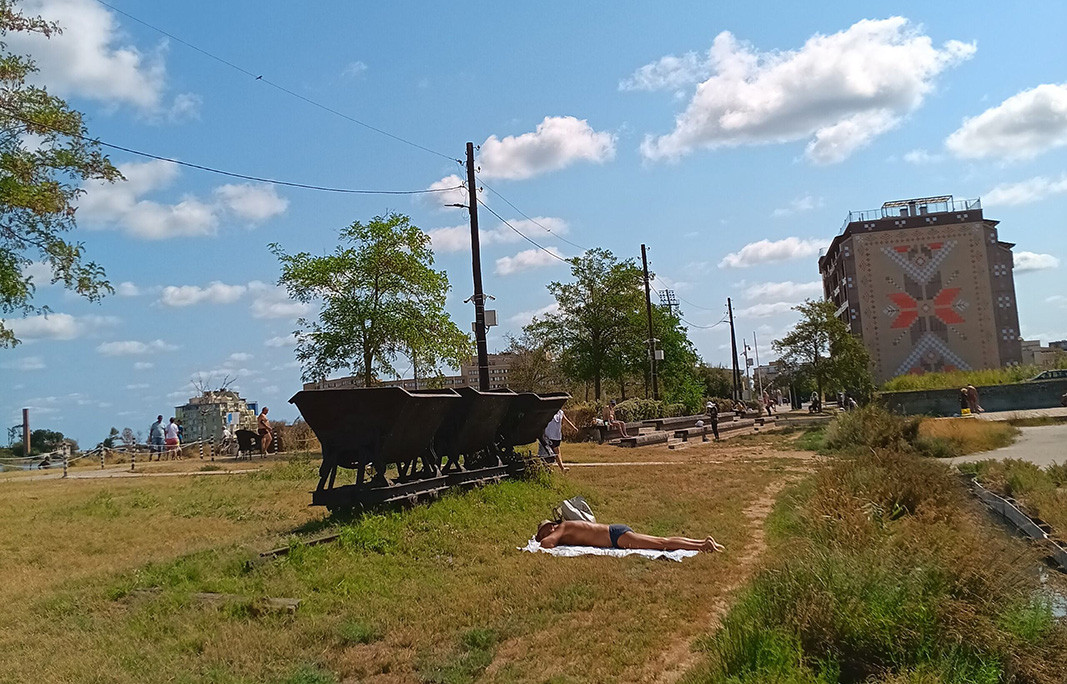
Another valuable resource of the Pomorie Lake is the healing mud, as well as the lye obtained from salt production. All this, combined with the beautiful nature, clean air and the authentic fishing spirit of the town makes Pomorie an attractive destination for people who like cultural tourism.
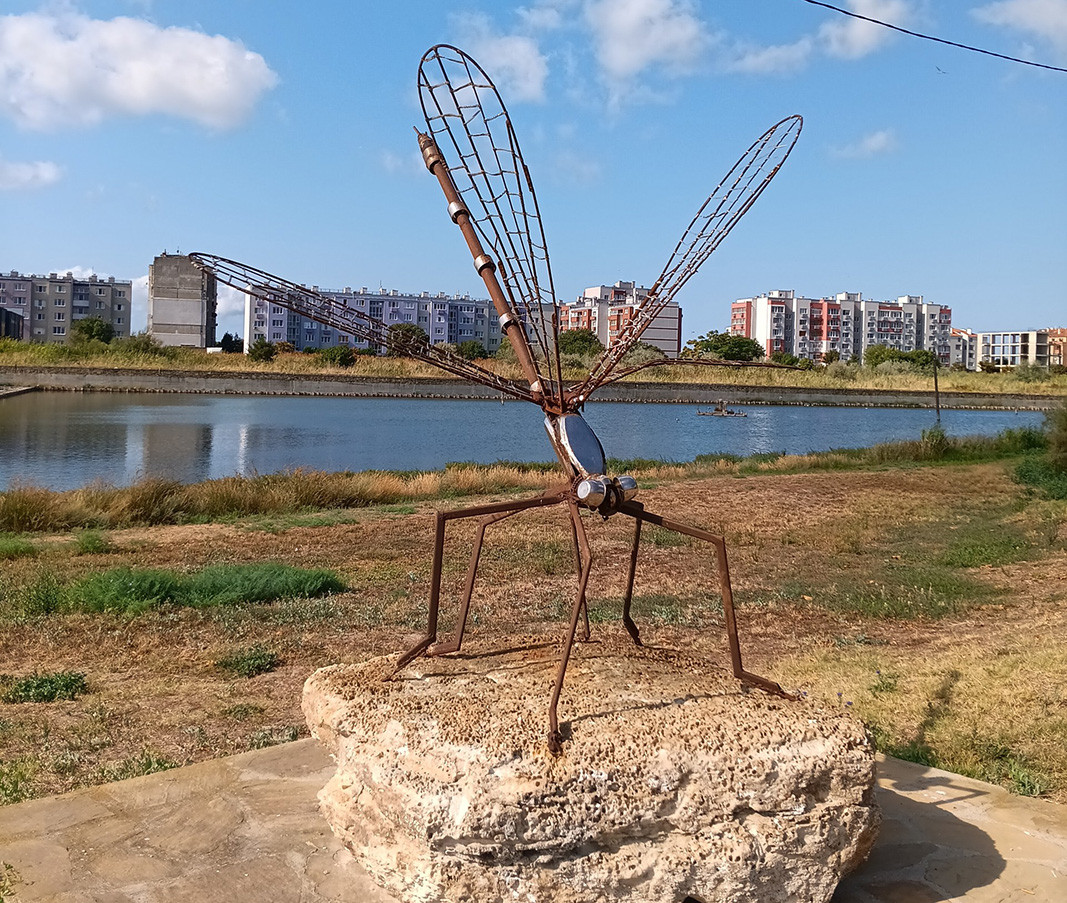
March Day in Bulgaria is one of the most popular holidays for young and old. Martenitsas or Rhodope baynitsas – a symbol of hope for the good things to come By donning the red and white martenitsas, we, the Bulgarians, symbolically..
Wearing the ornament made of red-and-white intertwined thread called martenitsa on the first day of March is one of the most viable traditions Bulgarians share, no matter where they may be living on the planet. This is one of the reasons why..
For many residents and guests of the Bulgarian capital, a walk on Vitosha - the mountain rising in the immediate vicinity of the city - is an irreplaceable pastime. It only takes half an hour to reach the Golden Bridges area of Vitosha, from where..
The lights of Christmas decorations are brightening up many streets, squares and urban places in towns and cities across Bulgaria. The park in front of the..

+359 2 9336 661
